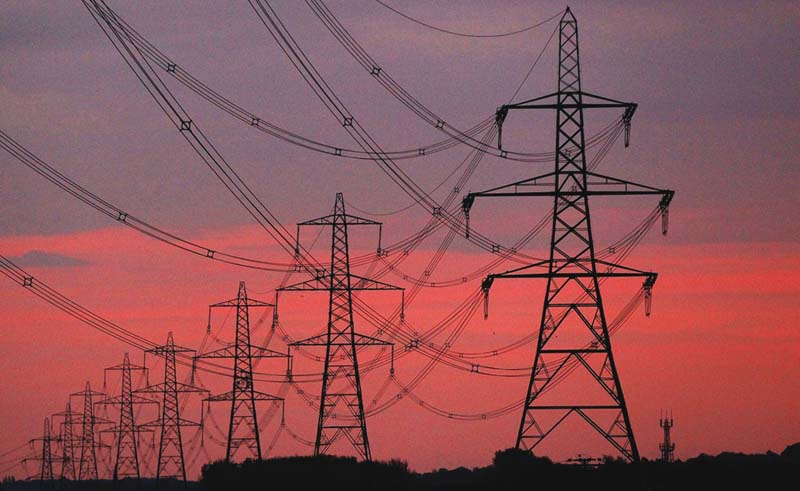
In a pointed response to the government’s management of private power producers, ten Independent Power Producers (IPPs) established under the 2002 Generation Policy have approached Prime Minister Shehbaz Sharif, proposing conditions to end their sovereign contracts. The move reflects growing frustration over claims that payments to IPPs have driven consumer tariffs to unsustainable levels.
In a joint letter addressed to the Prime Minister, the group of IPPs—comprising Pakgen Power, Nishat Power, Nishat Chunian, Sapphire, Hubco Narowal, Kohinoor Energy, Liberty FSD, Halmore, Laraib, and Orient Power—highlighted ongoing discussions aimed at shifting their Power Purchase Agreements (PPAs) from a “take or pay” model to a more flexible “take and pay” structure.
Muhammad Ali, the Special Assistant to the Prime Minister on Power, confirmed that negotiations with these IPPs would begin on Monday. While the IPPs recognized the high consumer tariffs, they pushed back on claims that capacity payments are the sole culprit. In support of their position, they pointed out:
The average generation tariff stands at Rs 27/kWh, but consumer tariffs have surged beyond Rs 60/kWh due to taxes, transmission costs, and losses from theft.
Capacity payments to all IPPs contribute Rs 17/kWh to the generation cost, with more than half of that amount directed to state-owned power producers.
A 22% drop in power demand over the past two years has further increased the burden on capacity tariffs by PKR 5/kWh.
A steep currency devaluation over the last three years has pushed capacity payments up by over 40%.
Sources close to the situation revealed that the Task Force on Power Reforms, led by Minister for Power Sardar Awais Khan Leghari, plans to replace the “take or pay” contracts with new “take and pay” agreements. The IPPs, however, have argued that this change would not be financially sustainable and could lead to their bankruptcy since they would still have to cover fixed costs without any guarantee of power purchase from the government.
The IPPs also criticized the approach as unfair, pointing out that the government recently approved a new tariff indexed to the US dollar at a 14% return, still including a “take or pay” mechanism.
In their letter, the IPPs laid out conditions for terminating their contracts, which include:
Full payment of all outstanding dues upon termination.
Ending all “take or pay” contracts to eliminate capacity payments.
Permission to sell power to private buyers, using the existing transmission and distribution infrastructure.
Continued access to LNG from SNGPL for those reliant on this fuel, until private imports are allowed.
The power producers warned that forcing renegotiations on sovereign power contracts could harm the privatization process and undermine investor confidence. They stressed that meaningful tariff reductions will only come through higher power sales, reforms in the transmission and distribution network, and easing the heavy tax burden.
The IPPs have requested an urgent meeting with key stakeholders to revisit the government’s strategy and discuss their proposals.
In a chaotic incident during the 2026 BAFTA awards ceremony, John Davidson, whose speech had…
In Punjab, the privatization of education is taking hold as government schools struggle and public…
India Grounds its Entire Tejas Fleet After Serious Incident The Indian Air Force has temporarily…
Three Federal Constabulary (FC) personnel were martyred on Monday in a coordinated terrorist attack in…
The arrest of Andrew Mountbatten-Windsor over alleged public office misuse has escalated efforts within Britain…
A Canadian doctoral student who had gone missing last week has been taken into custody…
This website uses cookies.